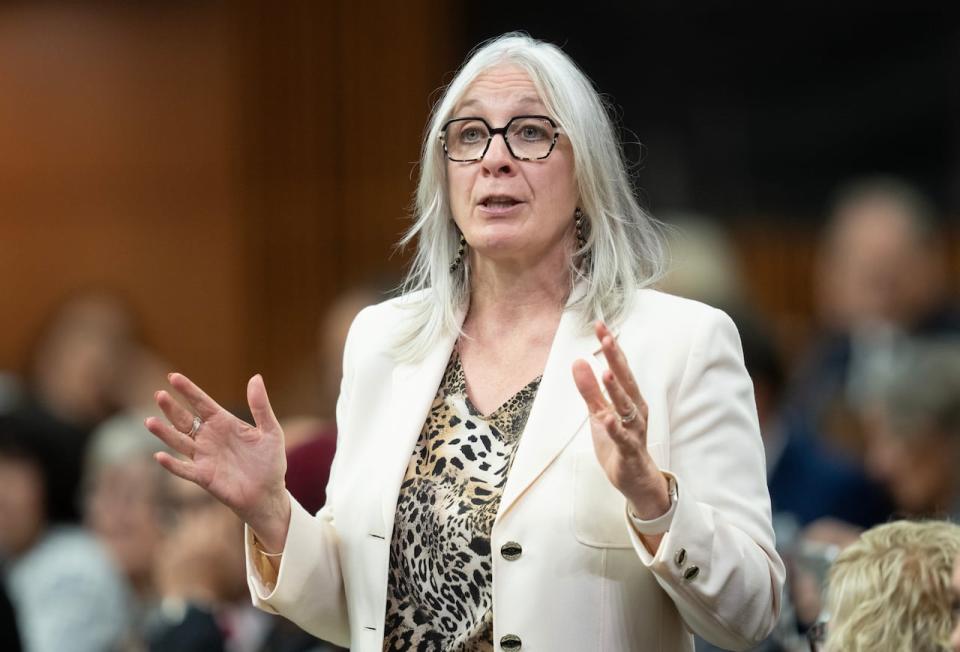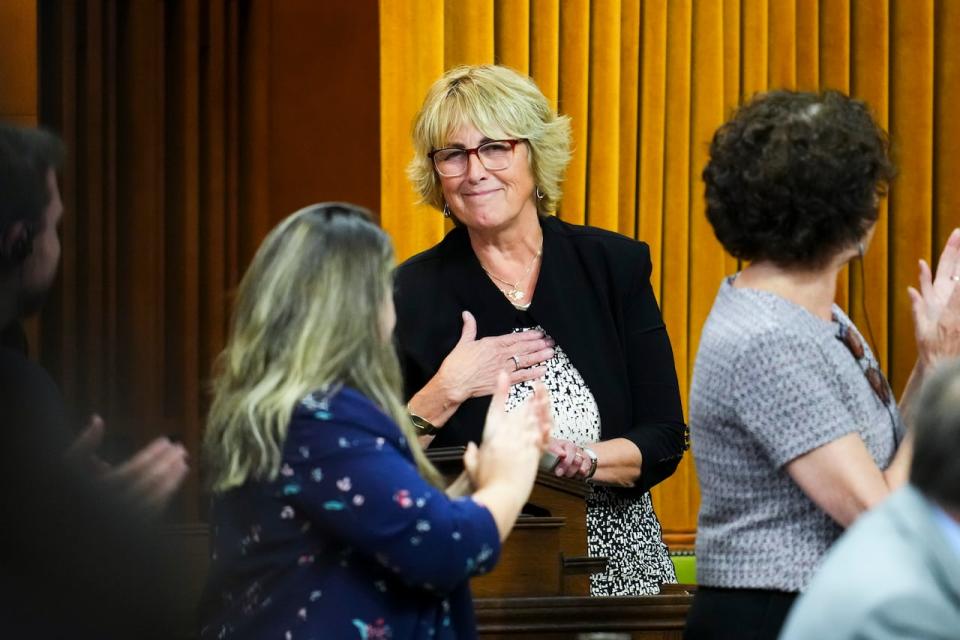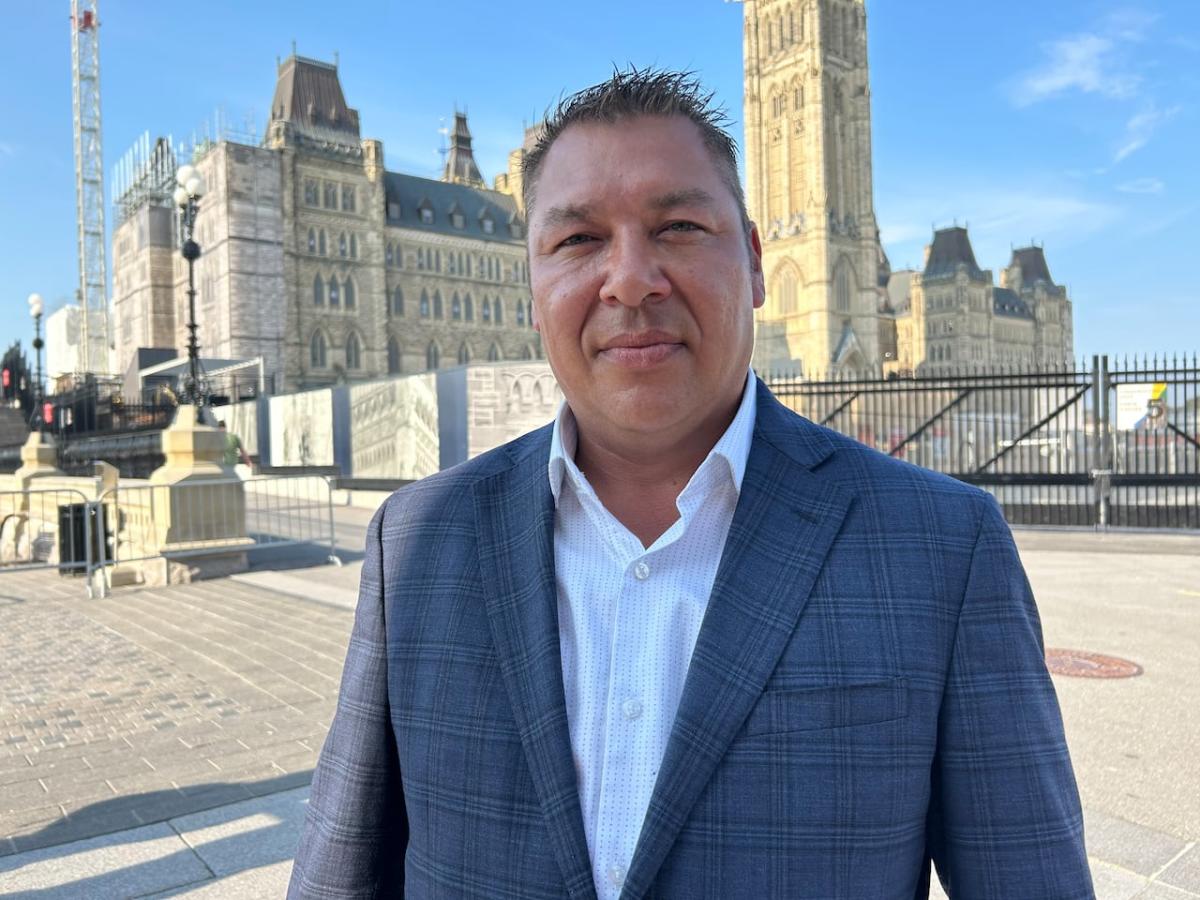A jurisdictional battle between Ottawa and Ontario over funding for a new elders home in a northern First Nation could leave dozens of residential school survivors separated from their families and community a second time, says the First Nation’s chief.
The long-term care licence for the facility at Wiikwemkoong Unceded Territory, about 550 km northwest of Toronto on Manitoulin Island, expires next year.
The care home was built in 1972 and has reached the end of its lifespan. Chief Tim Ominika said it’s too small to meet the demand for spaces, has no room for cultural events and needs costly repairs.
Ominika said that unless the First Nation can secure funding for a planned new building, it will be forced to relocate 50 Anishinaabe elders — most of them survivors of residential schools — to other nursing homes scattered across the province.
The community’s former chief, Rachel Manitowabi, said some of the elders have Alzheimer’s or dementia and find it hard to speak the English language.
“It’s going to be retraumatizing,” Ominika told CBC News. “Not only [for] them, who are residing within the long-term care facility, but also the community as a whole.”
Wiikwemkoong is $20 million short of the $60 million it needs to build a new nursing home.
Ontario committed $30 million toward the project. The Canada Mortgage and Housing Corporation contributed $7.5 million and the community collected more than $2 million through fundraising efforts.
Hajdu says Ontario has a ‘pattern of discrimination’
While long-term care is a provincial responsibility, Ominika said the federal government should come through with the remaining $20 million because Ottawa has funded similar projects outside its jurisdiction in other communities.
The federal government recently announced $1.2 billion for a new hospital in Moosonee, Ont., $30 million for a new elder care home in Tyendinaga Mohawk Territory and $194 million for a 24-bed seniors long-term care facility in Rankin Inlet, Nunavut.

Indigenous Services Minister Patty Hajdu says the Ontario government isn’t living up to its responsibility for funding long-term care in First Nations. (Adrian Wyld/Canadian Press)
Indigenous Services Minister Patty Hajdu said the government of Ontario should contribute more to the project.
“Repeatedly, what we see from Ontario is a pattern of discrimination for First Nations,” Hajdu said.
“[Ontario has] a jurisdictional role and responsibility to support aging. We’re there as a partner, but we do need the Ontario government to step up.”
Ontario is defending its commitment. The provincial government said it has earmarked 30 years of operational funding, construction funding subsidies and development funding for the new facility.
“We are disappointed in the federal government’s continued lack of engagement on this project, which is needlessly delaying construction,” said Daniel Strauss, a spokesperson for provincial Long-Term Care Minister Natalia Kusendova-Bashta.


NDP MP Carol Hughes is asking the federal government to give Wiikwemkoong Unceded Territory $20 million for a new elders home in her riding of Algoma—Manitoulin—Kapuskasing. (Sean Kilpatrick/Canadian Press)
Ottawa is also facing pressure from the federal NDP to come through with the remaining money.
Carol Hughes, NDP MP for Algoma—Manitoulin—Kapuskasing, and Lori Idlout, NDP MP for Nunavut, made the request to Hajdu in a letter sent last month.
“It’s critical at this point to ensure that Wiikwemkoong Unceded First Nation gets the funding that it needs to keep its elders in their community and not be displaced again,” Hughes said.
Ominika said he spoke briefly with Prime Minister Justin Trudeau and met with other senior government officials in Ottawa earlier this month. He said they offered to help him find other sources of funding.
“I’m a little disappointed,” Ominika said. “This isn’t something that we were asking for at the 11th hour. We’ve been requesting some support for a number of years.”
The new building planned for the community would have 96 beds — 37 more than the current home has — and space for programming so elders can share their knowledge with youth.
The current facility is at capacity, with a growing wait list. Its licence is set to expire on June 30, 2025.
Indigenous Services Canada said the province has agreed to extend the current home’s licence while the community looks for additional funding.
Ominika said he’d only consider a licence extension if the nation secures the funding to build a new facility. He said he expects construction to take two years.
The new home is not just another construction project to the community. Ominika said it represents a down-payment on preserving Wiikwemkoong’s culture for future generations.
“If we don’t get this money secured by the government, we’re going to be losing all of that,” he said.

